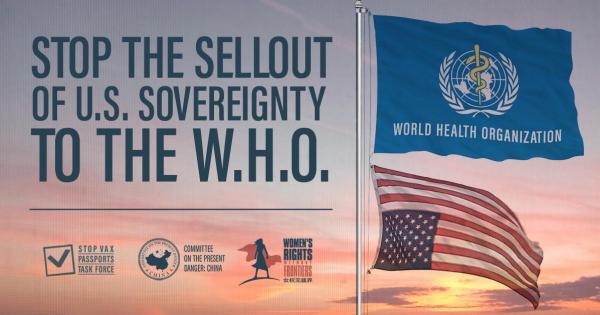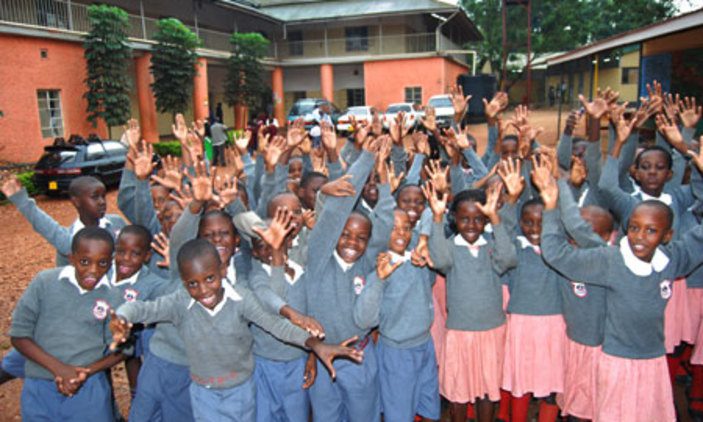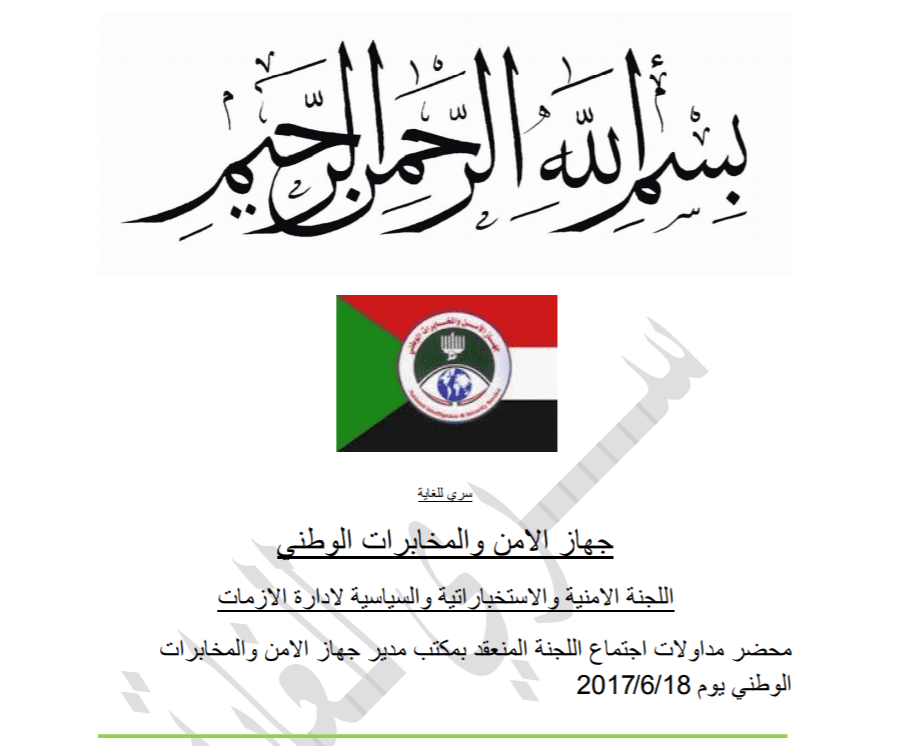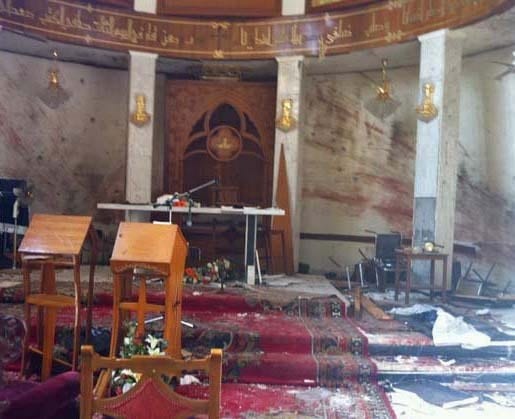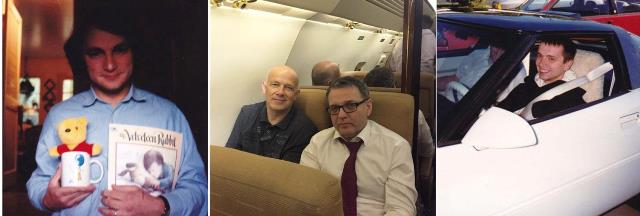
Fr Filip (photo, Faith McDonnell).
Petr Jasek is free.
The Czech missionary and humanitarian had been sentenced to life in prison in Sudan. He was charged with “spying against the state,” an eerie echo of the charge once used against Czechs and other Eastern Europeans behind the Iron Curtain.
But an international outcry coupled with the determination of the government of Jasek’s own Czech Republic persuaded the Khartoum regime to “pardon” him. After spending 446 days in a Sudanese cell, the 52 year old European Christian was released on February 26, 2017. He was accompanied home by Czech Foreign Minister Lubomir Zaoralek.
As I viewed the smiling photos of Foreign Minister Zaoralek and Jasek on board a Czech jet (selfies tweeted by Zaoralek!) it occurred to me that Jasek had followed in the footsteps of the Czech and Slovakian freedom fighters of the Velvet Revolution. He supported Sudanese Christians and others marginalized and deprived of freedom by the Islamist regime in Khartoum. And Zaoralek was sent to intercede for him. It is in the DNA of the Czech Republic to honor and aid those who hunger for freedom as they once did.
I thought about Czech and Slovakian heroes such as Vaclav Havel and Jan Carnogursky — on behalf of whom I remember writing letters to members of Congress when he was imprisoned. And I thought especially about two Czech freedom fighters that came to visit us at Church of the Apostles in Fairfax, Virginia in the fall of 1990.
Father Vojtech and Father Filip, Dominican priests, were participants in the Velvet Revolution. And yes, it was all too tempting to call them “our wild and crazy brothers from Czechoslovakia”! But their wild and crazy-ness was found in their elegant acts of defiance against the Soviet State.
Vojtech became a priest during the Underground Church era. His very ordination was an act of defiance. He had been ordained secretly by a bishop that had in turn been secretly ordained. In the early years of his priesthood, he worked as a computer technician and risked imprisonment in a labor camp whenever he said Mass. He usually wore jeans and a leather jacket, and he loved Winnie the Pooh.
Filip, on the other hand, had been ordained after the advent of Perestroika. I don’t remember ever seeing him in anything other than his austere clerical garb. But he had a winsome fondness for sports cars, especially the white Corvette of one of our church members. He told us proudly how at his seminary graduation he had rigged a backdrop with an enormous picture of the Blessed Virgin to come down over the required photos of President Gustav Husak and the local Communist Party leader (perestroika only goes so far!) that were hanging at the back of the platform.
Vojtech and Filip showed me what a blessing freedom is — a blessing that far too few of our brothers and sisters around the world enjoy. And they showed me with what courage far too many of our brothers and sisters must stand for their faith — whether in Communist Eastern Europe or in those regions dominated by Islamic supremacism, like Sudan.
Like Father Vojtech and Father Filip, Jasek made acts of defiant faithfulness. When he was arrested and imprisoned, he told Voice of the Martyrs that he “was inspired by years of serving Christians imprisoned for their faith” and therefore “felt honored to be able to serve God while himself the prisoner of a brutal Islamic regime.” Further, Jasek said that he “embraced his imprisonment as an opportunity to share the gospel with Sudanese, Eritreans, and radical Muslims who are normally inaccessible to missionaries.”
Petr Jasek is free. But he has not forgotten his brothers and sisters in Sudan that suffer for their faith. And he has not forgotten his two colleagues that remain in prison. Even as he was taken from the Prague airport to a hospital to recover from his ordeal, Jasek implored the media and the world community to help Reverend Hassan Abdelrahim Tawor, and Abdulmonem Abdumawla.
Hassan, a Nuba pastor in the Sudanese Church of Christ (SCOC), and Abdulmonem, a Darfuri convert, were convicted for “assisting Jasek in the alleged espionage, causing hatred among communities and spreading false information.” They both received a 12 year sentence, and as Sudanese citizens they have not been pardoned. Their attorneys are appealing their sentences, and Sudanese Christians stand outside the courtroom where their case takes place singing hymns to encourage them.
I think again of the hymns that were sung in praise and petition by Christians in Czechoslovakia as the Velvet Revolution turned their captive Communist country into one of freedom. And I pray that as the songs of Sudanese Christians rise to God in the same manner, freedom will come for all in Sudan.



